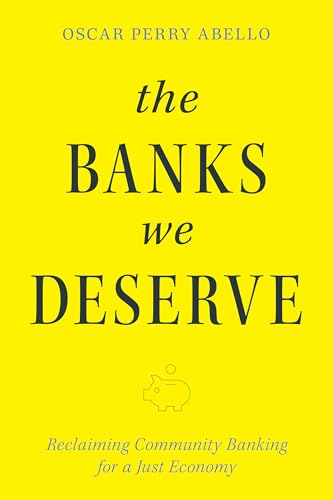What do you think?
Rate this book


152 pages, Paperback
Published February 4, 2025
“The earliest human writings discovered so far are five thousand years old from ancient Mesopotamia, and they weren’t poems or letters. They were loan contracts and accounting ledgers. In those days, Sumerian temples operated like local industrial conglomerates, acquiring land, taking in donations of raw materials and livestock, and hiring farmers to cultivate crops or craftspeople to manufacture goods. (xxii)”